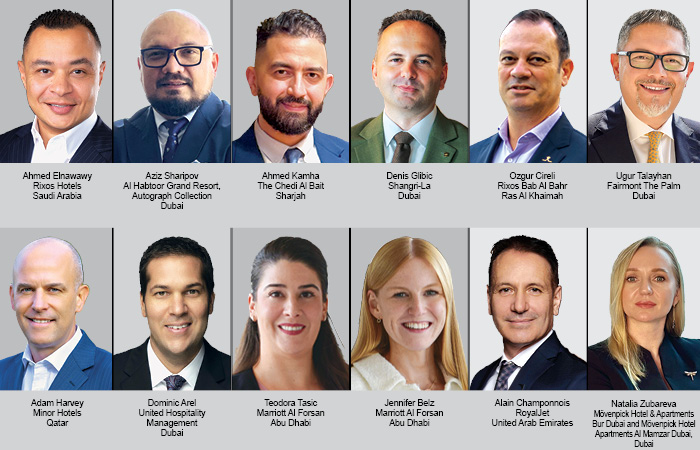Last year, 3.6 million flights around the world were delayed by over 30 minutes or were cancelled, accounting for 16 per cent of all flight departures. However, FlightGlobal’s expert market insights help resolve the problems causing these delays, according to its CEO, Christopher Flook.
For frequent business and leisure travellers, flight disruption has become unavoidable. However, it is easy to overlook the impact it creates on individuals and the businesses they work for. Research shows that disruption to air travel can damage a passenger’s physical and mental health, their productivity at work and even their desire to keep travelling. Thus, to quantify this impact, FlightGlobal recently commissioned a report with Delta Airlines, Airlines Reporting Corporation (ARC) and tClara. The survey of over 700 ‘road warriors’ (people who travel frequently for work), found that almost a quarter (24 per cent) were considering a change in role because of disruption and one in two (48 per cent) were actively seeking to travel less for work. What’s more? Of the trips taken by ‘road warriors’, only 63 per cent were said to be mostly or very worthwhile, which pulls into question the purpose of business travel trips altogether.
To analyse the actual cost of disruption to a company’s bottom line, we conducted a case study with PredictX and a US-based pharmaceutical company that spends $100 million on air travel each year for up to 75,000 flights. In just one year, their employees were delayed for 46,000 hours and experienced 4,700 cancellations. This equated to a huge $3 million in direct costs and loss of productivity for the business. The cost of disruption is also felt in the airlines, where in T2RL’s study Airline Disruption Management, irregular operations cost airlines an estimated $35 million and this cost jumps to $60 billion each year if you consider the impact to travellers and broader ecosystem. We believe that the solution to better managing inevitable flight disruption is in the data. There are three areas of focus to be considered. Firstly, travellers should be empowered to make informed choices that will limit the chance of disruption when they buy tickets. Secondly, the right data needs to reach the right people at the right time while they are travelling. And, finally, the impact of disruption must be better managed after it has taken place.
Some airlines are on the front foot when it comes to battling disrupted flights and now offer on-time guarantees in their corporate contracts. FlightGlobal also recognises carriers at the annual On-time Performance Service Awards. Top performing carriers include Delta, Qatar, Copa, Iberia and Japan Airlines.
(The views expressed are solely of the author. The publication may or may not subscribe to the same.)
 TravTalk Middle East Online Magazine
TravTalk Middle East Online Magazine





